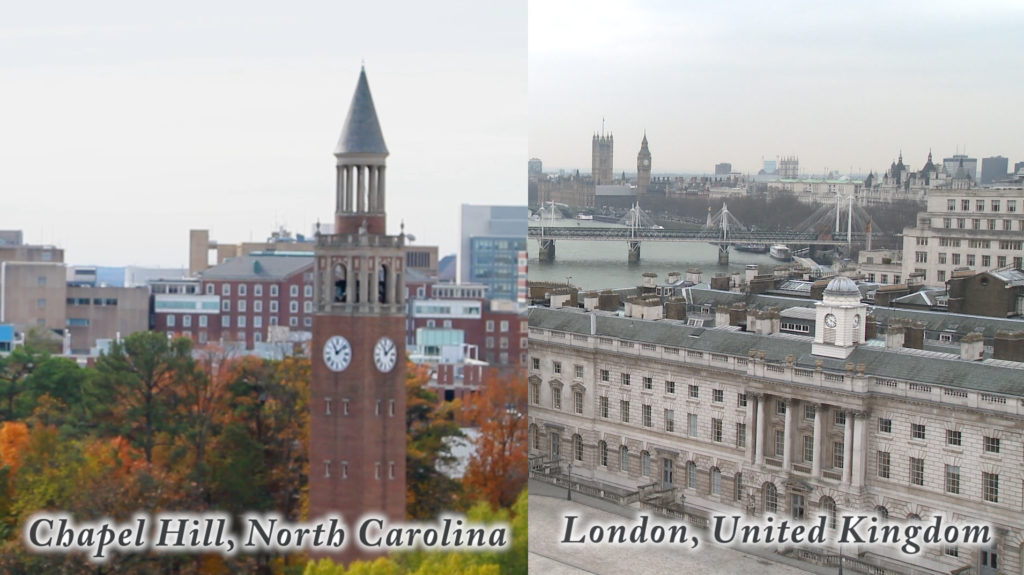
Surviving the 2010 earthquake in Haiti inspired University of North Carolina at Chapel Hill alumna Laura Wagner to write the young adult novel Hold Tight, Don’t Let Go, published by Harry N. Abrams in January 2015. The novel is Wagner’s first.
The novel follows Magdalie, a teenager whose adoptive mother dies during the earthquake. Magdalie and her cousin Nadine, who is as close to her as a sister, go to live with their uncle in a camp in devastated central Port-Au-Prince. When Nadine joins her biological father in the United States, Magdalie is left behind to find her own way in her devastated city, coping with her grief, her community’s poverty and the challenge of paying for her schooling. The novel charts her ups and downs as she sets a course for her own future.
Wagner explains that the 2010 earthquake “literally felt like the end of the world.” Wagner was rescued by neighbors and friends after several hours trapped in rubble. She later wrote an article in Salon about the experience, which led to the writing and publication of Hold Tight, Don’t Let Go.
Wagner was in Haiti studying the Creole language and working on a doctoral research project when the earthquake struck. She was about halfway finished with her program, funded by Foreign Language and Area Studies program and International Dissertation Research Fellowship Program awards.
 “Haiti was already a place where the superstructure of society was not strong. People really immediately knew that if people were going to be saved, they would have to be doing it themselves,” she recalls. “There were a few days that social class didn’t exist, and people shared what they had. Quite literally, the walls came down, and I think that’s why as many people survived.”
“Haiti was already a place where the superstructure of society was not strong. People really immediately knew that if people were going to be saved, they would have to be doing it themselves,” she recalls. “There were a few days that social class didn’t exist, and people shared what they had. Quite literally, the walls came down, and I think that’s why as many people survived.”
Folklore and children’s literature expert Brian Sturm, associate professor in the UNC School of Information and Library Science, adds that adolescence is typically full of upheaval and chaos, but the earthquake’s destruction of Magdalie’s city and family gives credence to the intensity of her emotional journey.
Sturm added, “Magdalie makes her own decisions, thinks critically about the world around her, copes with life and is strong inside herself. Wagner shows these characteristics beautifully.”
Magdalie’s story includes the years after the earthquake, giving Wagner time to explore her protagonist’s new relationships and to share the language, food and rituals of Haiti.
Wagner earned her MA in 2008 and her PhD in anthropology in 2014.


